LISBON, Portugal — A national day of mourning began in Portugal on Thursday as the death toll rose to 16 after a popular funicular railway derailed in Lisbon.
At least 21 people were injured in the capital’s worst accident in recent history.
A U.S. citizen was among those killed, the State Department confirmed in a statement Thursday.
“Our staff in Lisbon and here in the United States are working tirelessly to provide consular assistance to the victim and their family,” a State Department spokesperson said. “The embassy is working closely with local authorities to assist U.S. citizens in the affected area, and continues to monitor the situation closely. We extend our condolences to the victims and families of all those affected.”
The State Department declined to provide any additional details, citing privacy considerations.
Cordoned off by police, the crumpled wreckage of the yellow-and-white streetcar known as Elevador da Glória was still on the road early Thursday, lying on its side next to a building it crashed into.
As a result, parts of the mostly metal vehicle were crushed, and its top and a side were crumpled.
Becky Britton, of Minnesota, was vacationing in the city with her husband, Jeff, when she walked past the scene.
She said that she initially thought someone had been shot but that “as we got closer, we got to the carnage. … We saw some victims come out; one person was being resuscitated.”
“I feel sad, and when you’re here it’s real. If it happened to us, our families, we would have been notified and that’s just devastating,” she added.
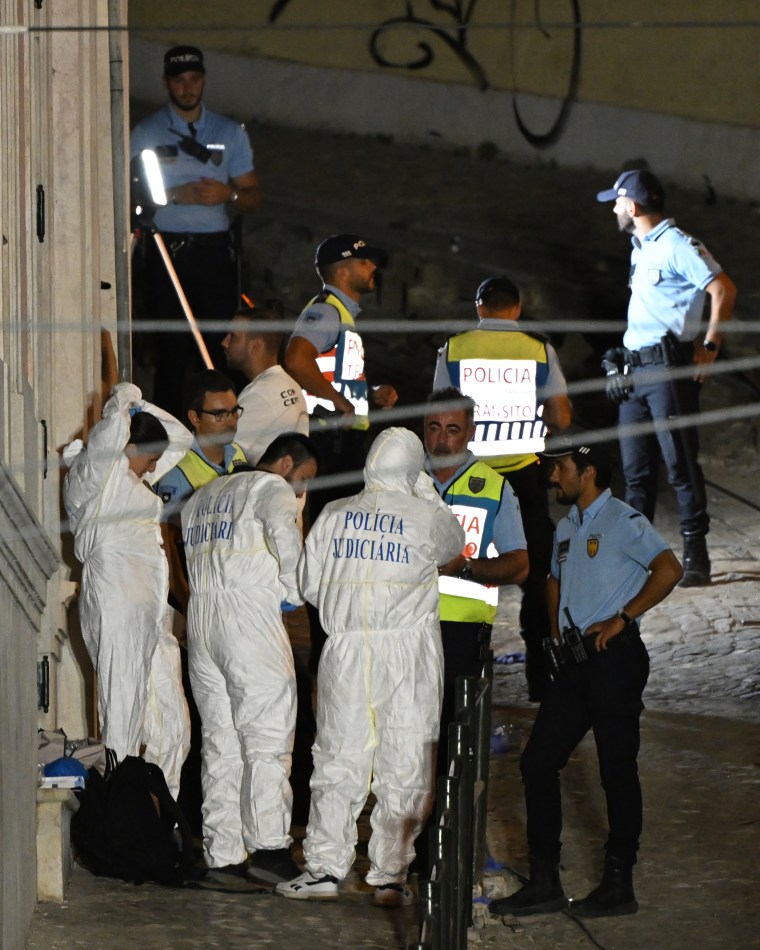
As investigators continued to work out what caused the accident, officials declined to speculate on whether a damaged brake or a snapped cable may have been at fault.
Having initially suggested 17 people had died, Lisbon’s Civil Protection Agency later revised the number to 16.
Homicide investigators were among those probing the crash, said a spokesperson for the Polícia Judiciária, Portugal’s judiciary police.
Teams of pathologists from the National Forensics Institute, assisted by colleagues from three other Portuguese cities, also worked through the night on autopsies, officials told The Associated Press. The injured were admitted to several hospitals in the region.
After the government announced a national day of mourning, President Marcelo Rebelo de Sousa canceled a trip to a book festival and said in a statement that he offered his “solidarity to the families affected from this great tragedy.”
Calling the accident “a tragedy of the like we’ve never seen,” Lisbon Mayor Carlos Moedas said the city was in mourning.
Classified as a national monument, the Elevador da Glória funicular connected Restauradores Square to the Jardim de São Pedro de Alcântara, a popular garden in the Bairro Alto neighborhood.
Inaugurated in 1885, the service goes up and down a few hundred yards of a hill on a curved, traffic-free road in tandem with one going the opposite way. It is a popular attraction with Lisbon’s tourists, and long lines of people typically form for the brief rides.
Harnessed by steel cables, it can carry more than 40 people, seated and standing, and it is also commonly used by Lisbon residents.
Among the injured were two German and two Spanish nationals, as well as a Korean, a Cape Verdean and a Russian, said Margarida Castro Martins, the head of Lisbon’s Civil Protection Agency. A Canadian and an Italian were also hurt in the crash, along with a Swiss national, she said.
“Of the victims, we have identified seven men and eight women, all adults, including foreign nationalities. We do not yet have information on the age or nationality of these victims,” she said.
The City Council halted operations of three other famous funicular streetcars in the city while immediate inspections were carried out.
Alexandre Rodrigues, the commander of the Lisbon fire brigade, told reporters Wednesday that authorities were alerted about the derailment at 6:01 p.m. local time (12:01 p.m. ET) and arrived within three minutes. The funicular derailed and crashed into a building, he said.
Mohammed Farid, 35, was nearby when he heard the loud crash and ran to the scene with a friend.
“We saw there is many dead bodies. Like six, seven dead bodies we can see from the, you know, from the situation at that time because the tram body is nearly smashed,” he said in an interview.
He added, “In that time, like, you know, we tried to help. Is anybody alive, or all are dead? There is silence. Nobody is seeking help.”
Emergency officials said all victims were pulled out of the wreckage in just over two hours.
Carris, the company that operates the streetcar, said in a statement Wednesday that “all maintenance protocols were carried out and complied with” and that the last repairs were done last year.
But Manuel Leal, the head of the Federation of Transport and Communications Workers’ Unions and the Union of Road and Urban Transport Workers of Portugal, said Wednesday that Carris workers had made “repeated complaints” about the need for maintenance on the funicular carriages, according to the Portuguese state news agency Lusa.
“There must be an investigation into the root causes of this accident, not least because workers have been reporting for a long time that the maintenance of these carriages should be the responsibility of Carris workers and not outsourced to external companies, as is the case with the Glória lift,” he said.
Carolina Bastos Pereira reported from Lisbon and Babak Dehghanpisheh from New York.


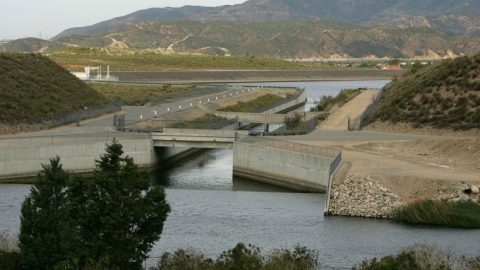


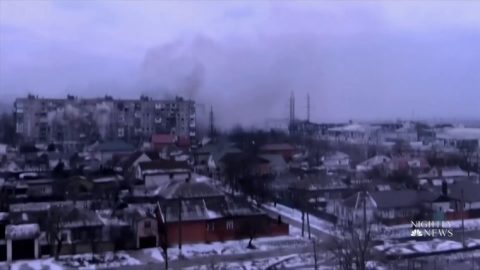
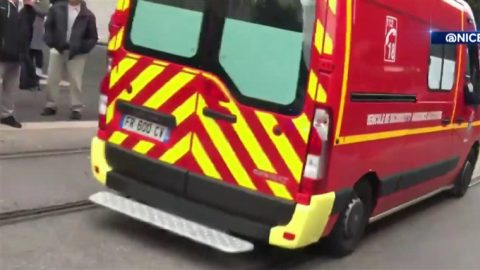
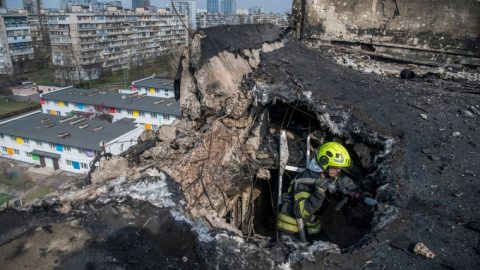

Recent Comments